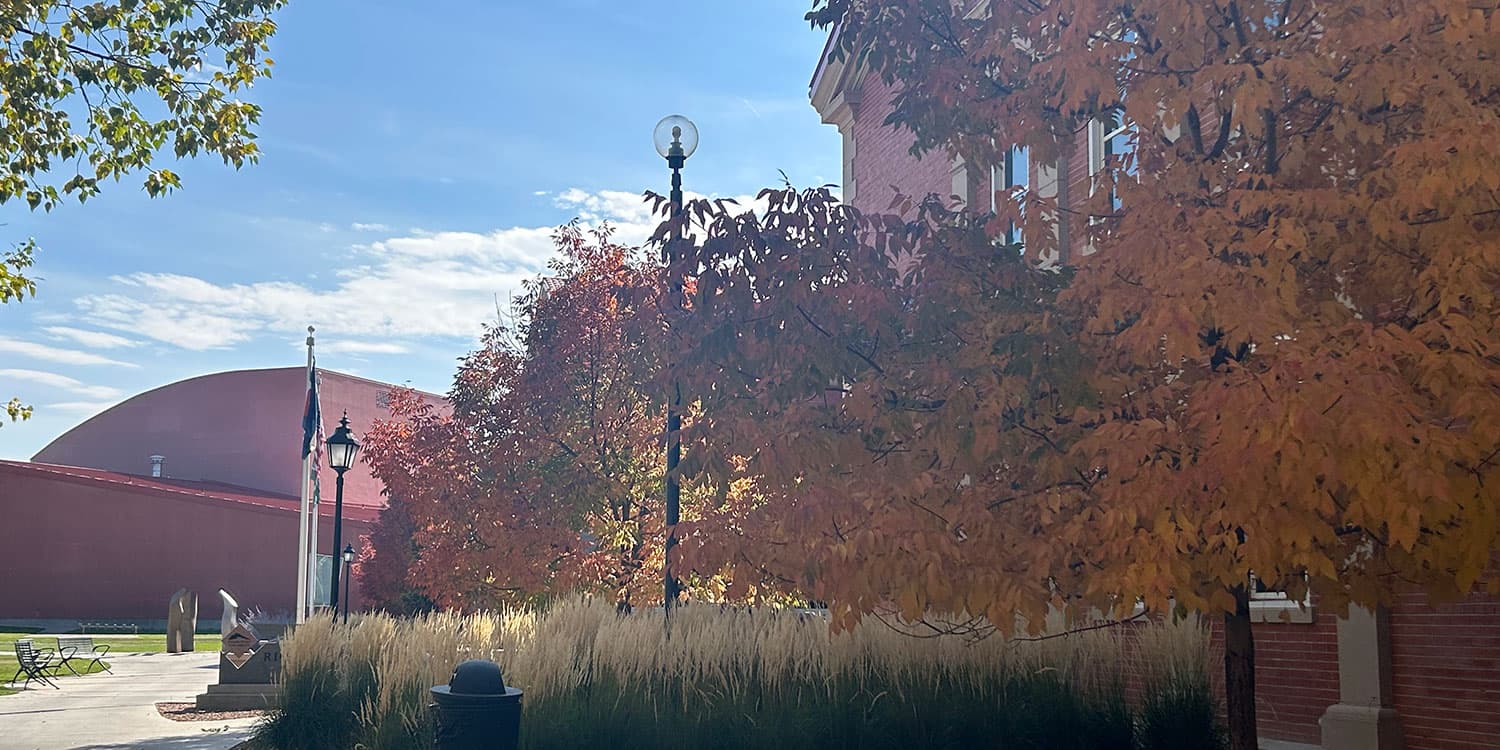Article by Julie Waechter, special assignment for Adams State
Adams State University was awarded nearly $3 million from the U.S. Department of Education’s Title V Developing Hispanic Serving Institutions (HSI) grant program, according to Andrea Benton-Maestas, project director of the new Title V grant, ASCENDER: Elevating Hispanic and Low-Income Student Postsecondary Access and Success. Adams State will receive $2,957,442 over five years, bringing its total Title V and Title III (HSI) grant awards since 2000 to $32,153,600, according to Tawney Becker, Adams State senior grant specialist. This includes individual institutional grants, cooperative grants, Promoting Post-baccalaureate Opportunities for Hispanic Americans (PPOHA) grants, and HSI-STEM grants.
Adams State is Colorado’s oldest HSI, designated in 1998. The U.S. Department of Education defines HSIs as institutions of higher education with at least 25% sustained enrollment of Hispanic undergraduate full-time equivalent students. Adams State serves over 1,728 full-time undergraduate students, of whom 55.9% are ethnic minorities and 37.7% are Hispanic.
“The goal of the ASCENDER project is to build a college-going culture and postsecondary preparation to increase college attendance and retention,” Becker noted. The project will collaborate with local school districts to inspire and prepare Hispanic and low-income students pursuing post-secondary education through three components.
The first is a dual credit and college preparation program, featuring a summer academy on campus, college readiness activities, and online dual-credit courses (earning both high school and college credit). The coursework will help students complete Adams State’s general education requirements before entering college.
“Our goal is to enroll 190 local high school juniors over the course of the project, helping them make progress toward an associate’s degree,” Benton-Maestas said. “These programs are at no cost to students and will help them build confidence, community, and motivation.”
The second component of the ASCENDER project involves making systemic change in student advising and other student services through success coaching, an asset-based methodology that promotes student persistence and graduation from college. One-on-one coaching helps students set their academic goals, connect with the university and its resources, and build motivation and skill in overcoming obstacles as they progress through college. InsideTrack is the proposed non-profit consultant guiding the campus-wide initiative. A “train the trainer” approach for university staff will support sustainability.
“Our objective is to increase student persistence beyond the freshman year,” Benton-Maestas explained. “Each year, a cohort of 100 freshman will receive coaching. Our faculty and staff will be trained in this methodology; by the end of the grant, it will be institutionalized as a regular component of our advising program.”
The third project component aims to advance faculty and staff development in cultural responsiveness.
“We will create a cultural immersion program with local host families, as well as workshops in cultural responsiveness. By gaining insights into the inequities and challenges men of color and other underserved students face in education, these experiences will help faculty create a welcoming and supportive classroom climate,” Benton-Maestas added. “Adams State looks forward to working with districts and campus members to advance the goals of the ASCENDER grant.”
The ASCENDER grant builds on the work of past Title V grants in advancing equity work, as well as collaborative grant efforts with the school districts, such as RISE, Opportunity Now, and Rural Co-Action that support concurrent enrollment and development of educational and career pathways.



